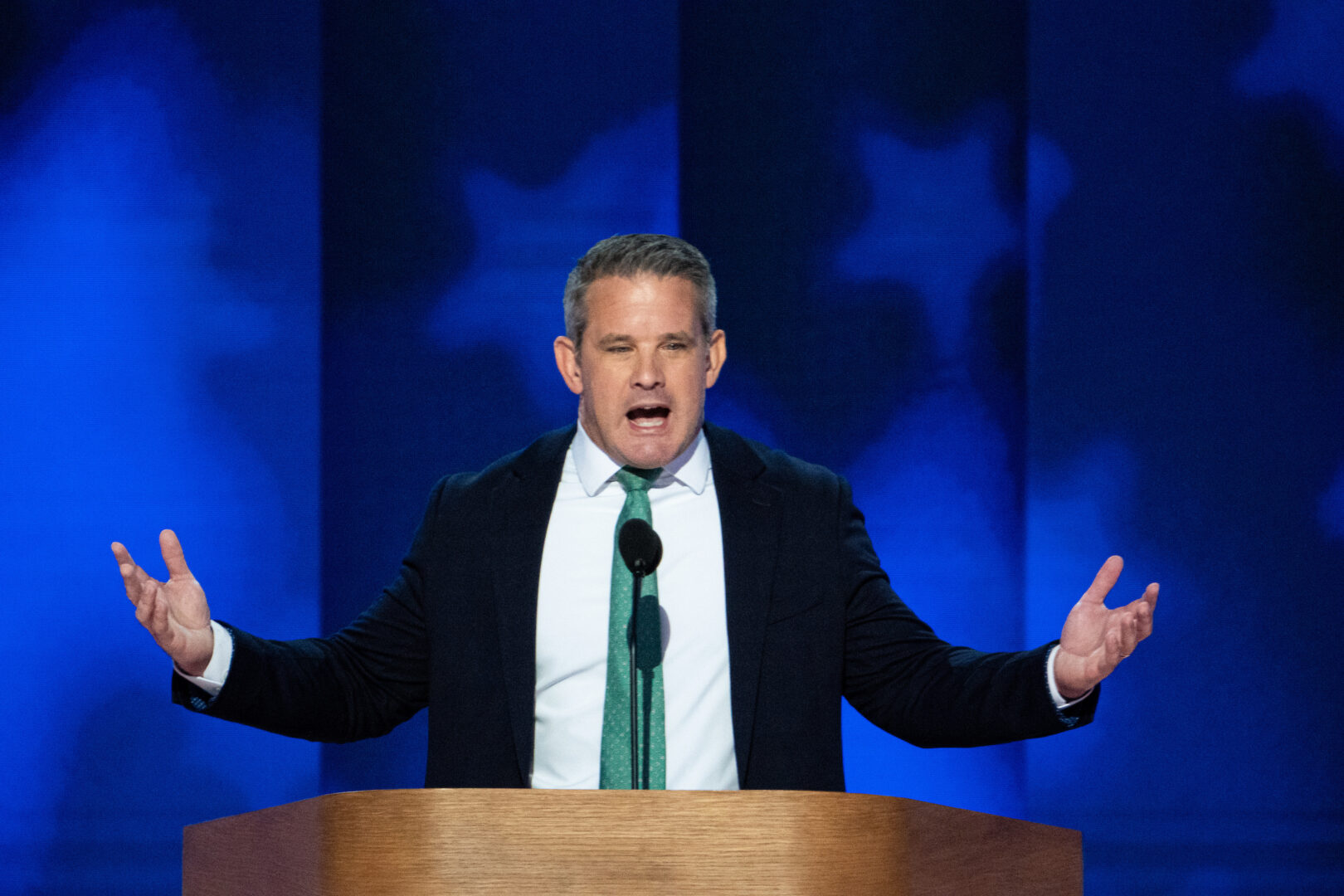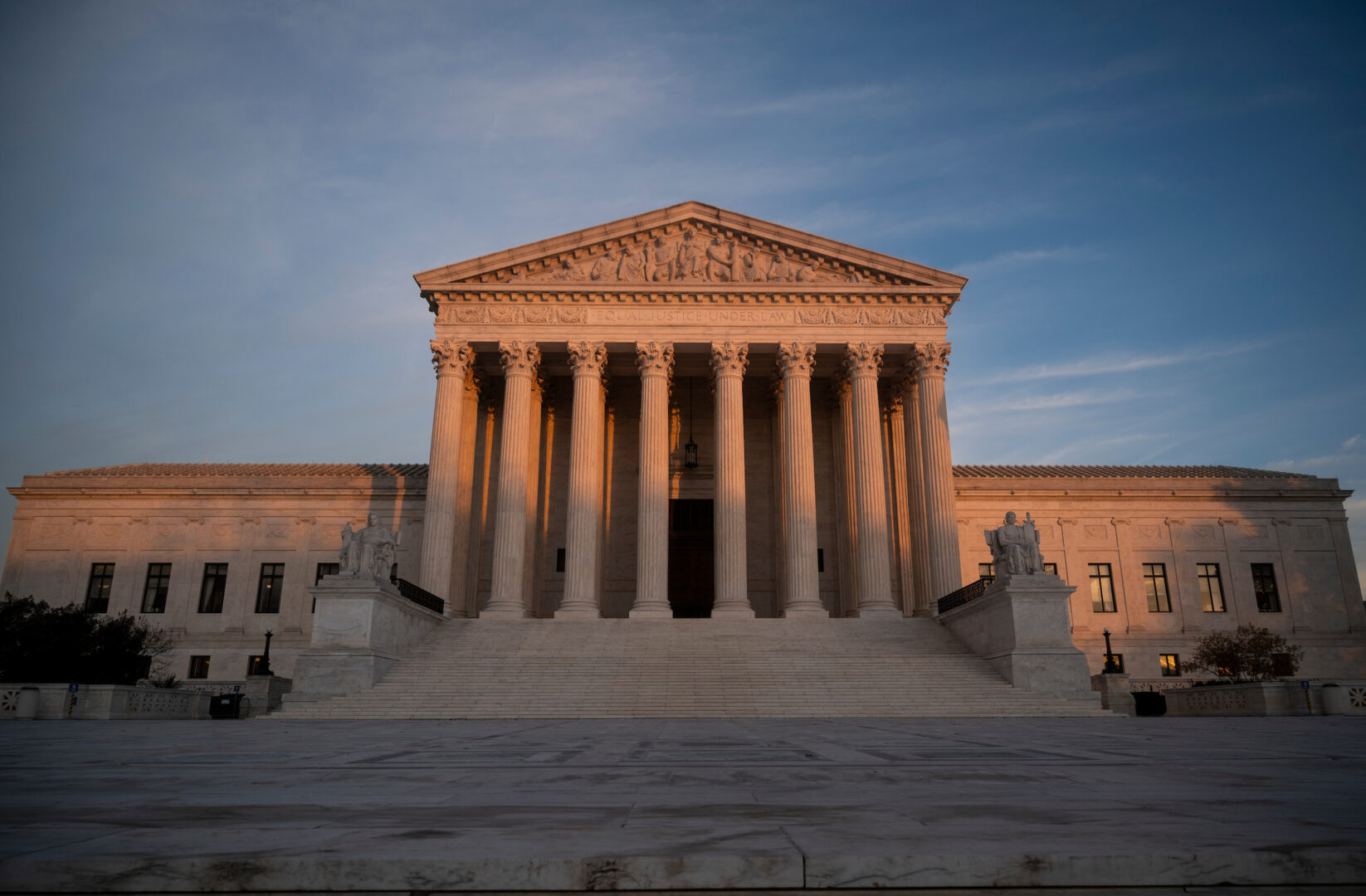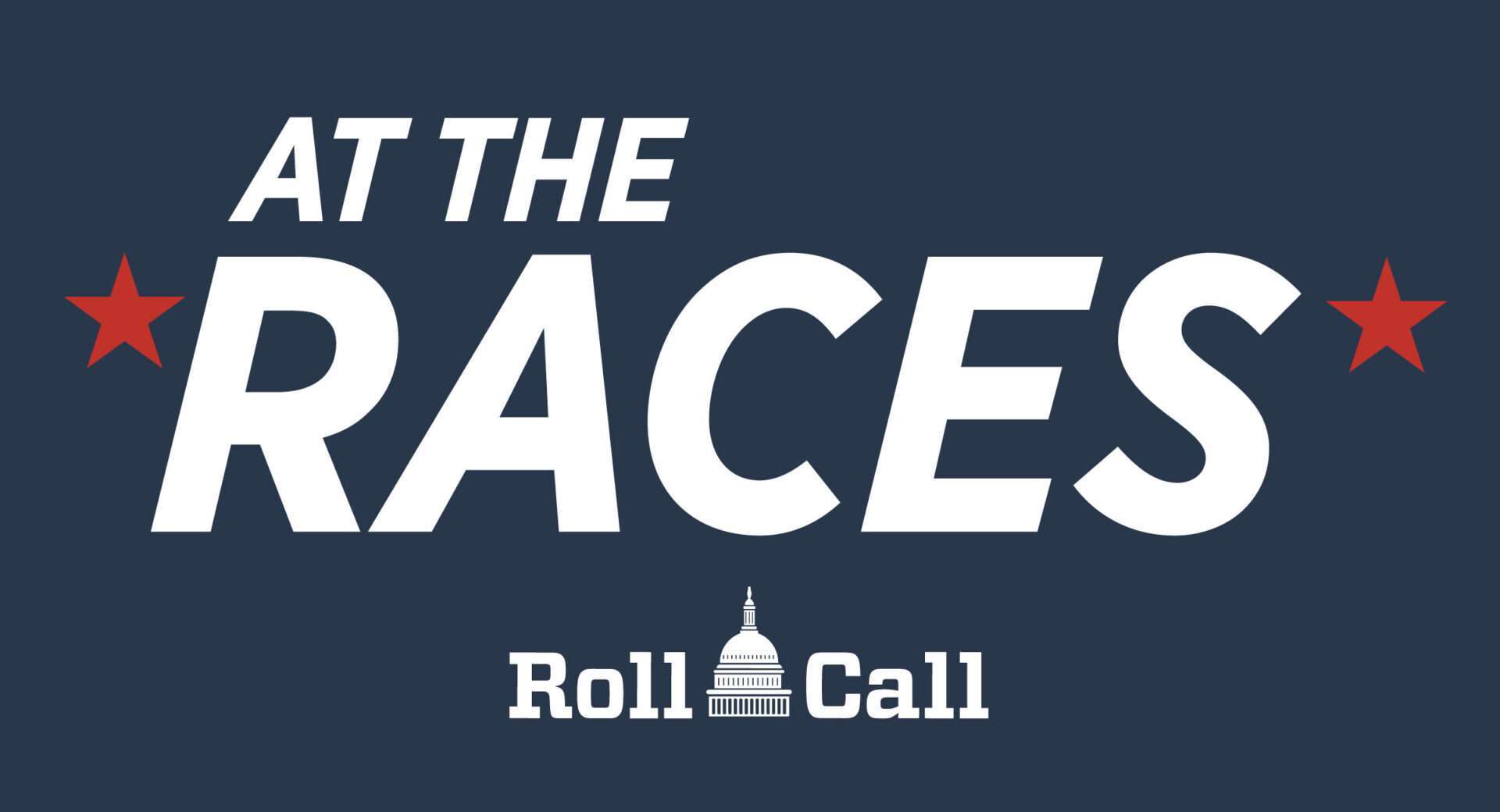Biden takes aim at Trump-era tax cuts — and his own campaign promise
President misleads blue-collar workers about 2017 law

Two weeks ago, President Joe Biden took aim at the Republicans’ 2017 Tax Cuts and Jobs Act and its provisions that are due to expire in 2025. He told electrical union workers, “It’s going to expire, and if I’m reelected it’s going to stay expired.”
Biden didn’t just violate his pledge to not raise taxes on anyone making under $400,000; he shattered it with his boast to the union crowd.
And, according to House Ways and Means Committee Republicans, if Congress fails to extend the Trump-era tax cuts, it means an average American family of four making $75,000 will get hit with a $1,500 tax increase. “Main Street businesses will face a 43.4 percent tax rate” and “working parents will suffer from a Child Tax Credit slashed in half” along with the standard deduction every taxpayer is due.
Contrary to what Biden and his supporters would have us believe, most Americans got a tax cut thanks to the 2017 law, which Biden loves to demonize. Biden has been peddling disinformation on the 2017 tax cuts for years. When running for president in 2019, Biden said, “There’s a $2 trillion tax cut last year. Did you feel it? Did you get anything from it? Of course not. Of course not. All of it went to folks at the top and corporations.”
In a May 1, 2019, Washington Post “Fact Checker” column, Glenn Kessler called foul on then-candidate Biden’s claim. “But Biden, with his loose language, ends up in the Four-Pinocchio territory. He asserts that no Americans but those at the top received any tax cut in 2018, which is clearly false,” Kessler wrote.
An April 14, 2019, New York Times article started with this: “If you’re an American taxpayer, you probably got a tax cut last year. And there’s a good chance you don’t believe it.” It went on: “To a large degree, the gap between perception and reality on the tax cuts appears to flow from a sustained — and misleading — effort by liberal opponents of the law to brand it as a broad middle-class tax increase. … Experts are divided on whether the tax law was a good idea. But there is little disagreement on this core point: Most people got a tax cut.”
Currently, the middle class is getting hit hard by inflation. Since Biden became president, overall weekly wages have gone up 14.2 percent, while overall prices have gone up 19.4 percent. Sixty percent of the country believes inflation is getting worse, according to the “Winning the Issues” survey of 1,000 registered voters conducted April 27-29.
Despite the president’s almost historically poor marks for his handling of inflation, the Biden team and his supporters on Capitol Hill seem to be sticking to more of the same: economic and tax policies that will take even more money out of people’s pockets, with one big exception.
If the TCJA isn’t extended, the big winners won’t be the families and small businesses struggling to stay afloat in the Biden economy. No, the big winners will be the top earners in high-tax states who will benefit the most as the cap on state and local tax deduction expires. This deduction applies only to those who itemize their returns, which leaves about 90 percent of taxpayers out in the cold.
This would be a huge tax break for those upper-income earners and millionaires in states like California, New Jersey and New York with high tax burdens. Those states could then increase taxes even further knowing that 39.6 percent of those tax increases would be paid by the federal government as wealthy taxpayers take the SALT deduction when filing their federal taxes.
It boils down to this: If you are a taxpayer who doesn’t itemize and instead uses the standard deduction, you get to pick up the bill for millionaires in New York and California who get a big tax break for living in a profligate state.
Without an extension, there will also be a significant impact on businesses, especially small businesses, as more of their revenue would become taxable, making them less competitive and financially sound. Make no mistake, those additional costs would be passed on to consumers, hurting small businesses and increasing prices for customers already suffering from inflation.
Biden’s current economic policies have been unable to effectively deal with inflation, as it has remained at or above 3 percent for 10 consecutive months. In the latest consumer price index report, inflation increased from 3.2 percent in February to 3.5 percent in March, which was similar to an increase in the personal consumption expenditures index, always a focus of the Federal Reserve.
With inflation back on the rise, the Federal Reserve has hesitated on reducing interest rates, keeping the economy in a volatile state, reflected by a Bureau of Economic Analysis first-quarter gross domestic product increase of only 1.6 percent in its advance estimate. This was well below the 2.4 percent expected by economists surveyed by The Wall Street Journal.
Listening to Biden on the campaign trail, he remains committed to economic policies that have produced the worst inflation in four decades. If given another four years, Biden would increase taxes just when people need more income to deal with rising prices. Biden’s problem isn’t the Trump-era tax law. It’s how to fund his massive spending plans that are driving trillion-dollar deficits as far as the eye can see.
And about those electrical union workers who heard Biden pledge to end the TCJA? Here’s what he didn’t tell them.
The average earnings of a union electrician, according to the International Brotherhood of Electrical Workers, is $81,404, along with an average pretax 401(k) contribution of $9,860. If that worker is married to a stay-at-home-parent with two kids and Biden keeps his promise to let the 2017 law expire, based on the Tax Foundation’s “2026 Tax Calculator,” the worker and their spouse would pay an additional $1,423 in federal taxes, a 1.9 percent reduction in take-home pay.
So much for promises.
David Winston is the president of The Winston Group and a longtime adviser to congressional Republicans. He previously served as the director of planning for Speaker Newt Gingrich. He advises Fortune 100 companies, foundations and nonprofit organizations on strategic planning and public policy issues, as well as serving as an election analyst for CBS News.





